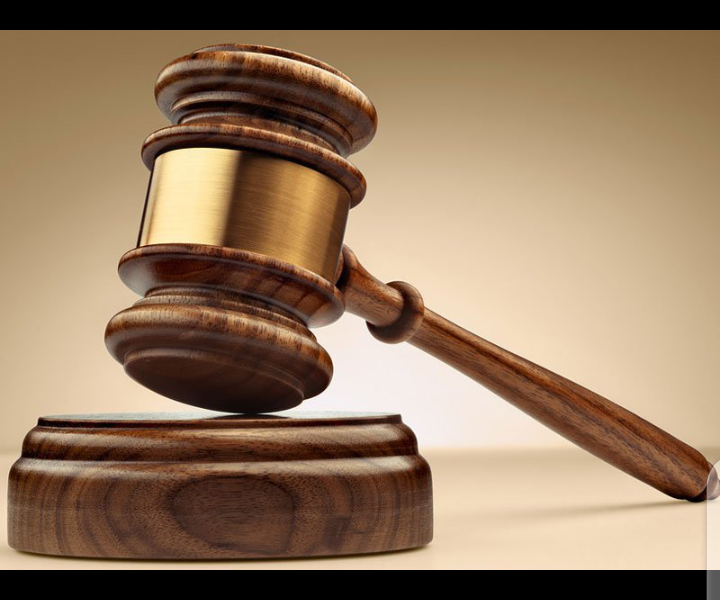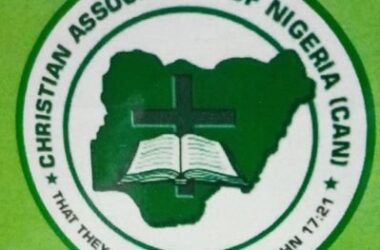The Federal High Court in Abuja ruled that Non-Governmental Organizations (NGOs) cannot act as pressure groups to win court cases, as seen in the suit filed by SERAP and HEDA against the Central Bank of Nigeria (CBN) demanding transparency on COVID-19 donations.
The court sided with the CBN, stating that NGOs registered under Part C of the Companies and Allied Matters Act (CAMA) do not have the legal standing to initiate such legal actions, as they cannot transform into pressure groups.
Legal expert Ebun-Olu Adegboruwa suggested that the ruling should be appealed, arguing that organizations like SERAP, which are registered to advocate for social and economic rights, should be able to seek judicial redress and hold the government accountable.
The Federal High Court Abuja has declared that Non-governmental Organizations(NGOs) cannot transform into a pressure group with a view to winning cases in court.
The court made the observation in a suit filed by the Socio-Economic Rights and Accountability Project (SERAP) and Human and Environmental Development Agenda Resource Centre (HEDA), against the Governor, Central Bank of Nigeria(CBN).
SERAP and HEDA had sought an order compelling the Governor, Central Bank of Nigeria to publish comprehensive details of financial donations received towards responding to the emergence of COVID-19.
Compelling order
In the ex parte motion marked: FHC/ABJ/CS/1456/2020, the applicant’s lawyer, Andrew Nwankwo told Justice Inyang Ekwo that the applicants are registered non-governmental and civil society organizations established in Nigeria with the mandate to promote human rights transparency and accountability and anti-corruption in Nigeria.
He leveraged the fact that his clients are registered organizations in Nigeria in praying the court to direct the CBN governor to release a detailed list of the names of the donors (individual, corporate, and international organizations), sources of the donations, and the amount contributed by each of the individuals and corporate bodies, among others.
“It is widely reported that about N15 billion in monetary contributions, is currently in the account set up under the Private Sector Coalition Against COVID-19 (CACOVID) and domiciled with the respondent(CBN),” the lawyer added, saying SERAP and HEDA are entitled to the information they seek.
He submitted that his clients are concerned that the larger proportion of Nigerians, including the poorest and the most vulnerable people, have not benefited from the federal government and private sectors’ announced palliatives, donations, cash payments, cash transfers, and other benefits following the COVID-19 outbreak.
CBN counters
In CBN’s counter affidavit, its lawyer, Lawal Adamu Dambatta affirmed that due to the socio-economic impact of the Covid-19 pandemic, willing Nigerians and foreign corporations made donations in cash and in material goods to help curtail the blowout effect of the virus.
He added, however, that it is an established principle and style of operation of the CBN not to make any accounting detail public unless it has been audited, for the sole purpose of accountability.
The lawyer urged the court to hold that the applicants lacked the legal right to institute the legal action.
Court’s judgment
On Tuesday, Ekwo agreed with CBN that SERAP and HEDA have no legal right to institute the case in the first place.
Ekwo held that he had stated before that a body registered under Part C of the Companies and Allied Matters Act(CAMA) cannot turn itself into a pressure group.
It was reported that Part C of the Companies and Allied Matters Act (CAMA) in Nigeria deals with the incorporation, registration, and regulation of Incorporated Trustees.
Incorporated Trustees are non-profit organizations that can include religious, educational, literary, scientific, social development, cultural, sporting, and charitable organizations.
NGOs are part of Incorporated Trustees.
This part provides the legal framework for the establishment and operation of such entities.
Ekwo concluded that the registration of the SERAP and HEDA under Part C of the CAMA 1990 does not give them the right to this kind of action, adding that “no association registered under Part C of the CAMA can after such registration turn itself into a pressure group.”
Reacting to the development, Ebun-Olu Adegboruwa (SAN) said that he believes the judgement of the Federal High Court, Abuja should be tested on appeal.
According to him, an organization registered under the law can seek redress in court.
He said,
“I believe that SERAP is specifically registered to campaign for social and economic rights.
“So the locus(legal right) of every NGO or CSO is dependent upon its articles of registration.
“If the law has recognized SERAP to campaign for social and economic rights; asking CBN to account for COVID-19 donations is part of economic rights.
“We must find a way to hold government accountable to the people of Nigeria and not be leveraging on every technicality to grant judicial immunity to those who are in power.”
He stressed that SERAP should test the decision of the Federal High Court on appeal in order to broaden the landscape for activism and agitation for social and economic rights in Nigeria.









